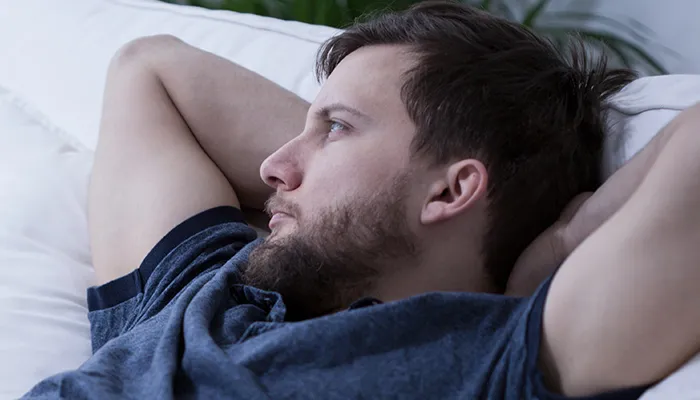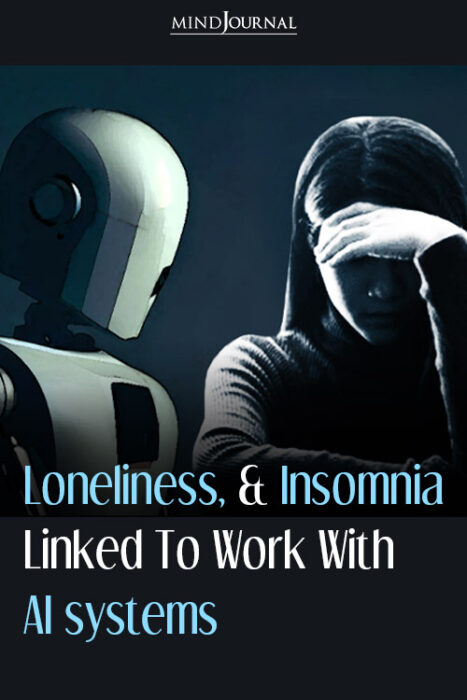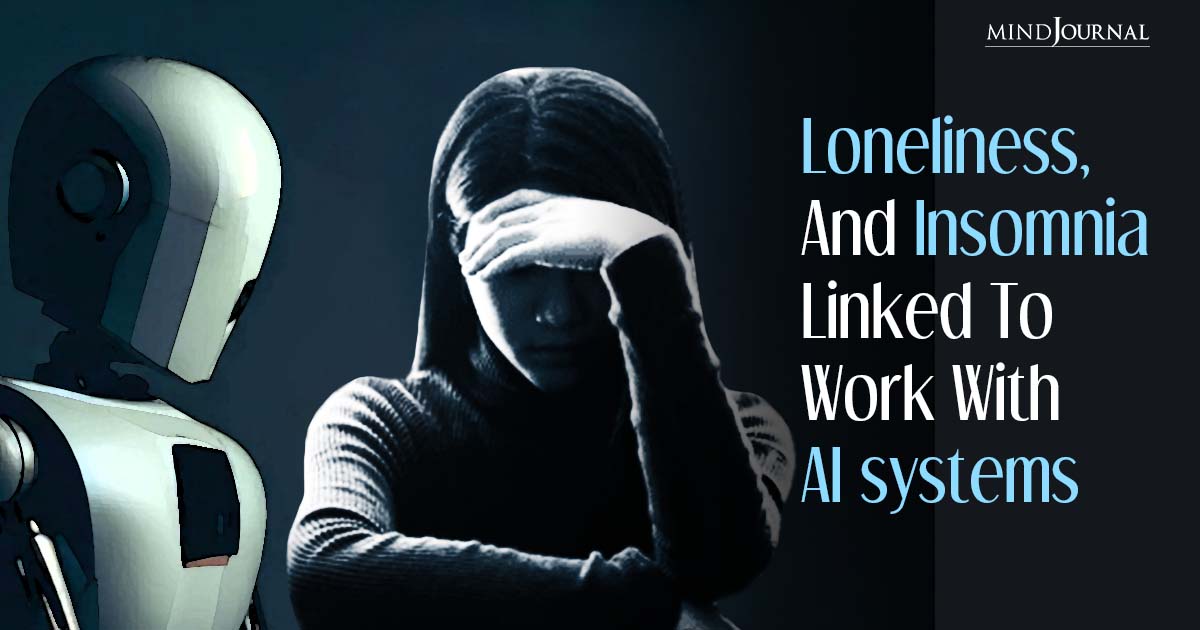The correlation between AI and loneliness is revealed by a recent study published by the American Psychological Association. Employees who frequently interact with artificial intelligence systems are prone to experiencing loneliness, leading to insomnia and a rise in after-work drinking.
Research On The Impact Of AI On Employee Mental Health
The research encompassed four experiments conducted in various countries, including the United States, Taiwan, Indonesia, and Malaysia. Remarkably, the findings remained consistent across different cultural contexts.
The comprehensive study was subsequently published online in the esteemed Journal of Applied Psychology.
Dr. Pok Man Tang, the lead researcher, brings a unique perspective to the study, having previously worked in an investment bank where he actively utilized AI systems. This firsthand experience sparked his interest in delving into this pressing matter and conducting research on the subject of AI and mental health.
According to Tang, an assistant professor of management at the University of Georgia, the swift progress of AI systems is giving rise to a new industrial revolution that is reconfiguring the workplace, offering numerous advantages along with specific unexplored hazards representing the dark sides of AI.
These hazards encompass the potential to do research on the impact of AI on employee mental health. Tang further explained that humans are inherently social creatures, and isolating work through the use of AI systems could result in harmful repercussions extending into employees’ personal lives.
While working with AI systems does offer certain benefits, the researchers discovered a fascinating paradox. Employees who extensively engaged with AI systems were more inclined to provide assistance to their colleagues.
However, this response may have been prompted by their underlying feelings of loneliness and the inherent need for social interaction.
Moreover, the studies unearthed a compelling correlation between individuals exhibiting higher levels of attachment anxiety—an inclination towards insecurity and concern regarding social connections—and their amplified reactions when working with AI systems. AI and insomnia in employees interacting with AI systems are very common worldwide.
Read more here: Surprising Ways Loneliness Impacts Our Health and Wellbeing
These reactions encompassed both positive responses, such as assisting others, as well as negative experiences like loneliness and insomnia.

Relationship Between AI Interaction And Increased After-Work Drinking
In an intriguing experiment, a group of 166 engineers employed at a Taiwanese biomedical company, who regularly interacted with AI systems, to understand AI and loneliness concept better, were surveyed over a period of three weeks.
The survey encompassed assessments of their loneliness levels, attachment anxiety, and sense of belonging. To gauge helpful behaviors, coworkers rated individual participants, while family members reported on their insomnia levels and after-work alcohol consumption.
Astonishingly, employees who engaged more frequently with AI systems not only exhibited higher levels of loneliness, insomnia, and increased after-work alcohol consumption but also displayed some noteworthy tendencies of assisting their fellow colleagues.
In a separate trial involving 126 real estate consultants employed at an Indonesian property management company, an intriguing approach was adopted.
Half of the consultants were instructed to abstain from using AI systems for three consecutive days, while the remaining half were encouraged to maximize their use of AI systems.
The results obtained from the latter group mirrored those of the previous experiment, with one notable exception—there was no observable connection between the frequency of AI system usage and increased after-work alcohol consumption.
Read more here: The Benefits Of Quitting Alcohol For Good: 7 Ways Your Life Changes For The Better
Remarkably, similar findings emerged from two additional experiments. The first experiment involved 214 full-time working adults in the United States, conducted online. The second experiment comprised 294 employees at a tech company in Malaysia.
Tang suggested that going forward, developers of AI technology should consider incorporating social features into AI systems, such as a human-like voice, to simulate interactions akin to human-to-human communication.
Additionally, employers could implement measures such as limiting the frequency of AI system usage and providing opportunities for employees to engage in social activities.
According to Tang, tasks that require social connections, like team decision-making, could be handled by human individuals, while AI systems could be assigned more mundane and repetitive responsibilities. Tang further emphasized, “Introducing mindfulness programs and implementing other positive interventions may also serve to alleviate feelings of loneliness.”
It is important to note that the research findings are correlational in nature, meaning that there is a relationship between AI interaction and increased after-work drinking but do not provide definitive evidence that working with AI systems directly causes loneliness or other observed responses.









Leave a Reply
You must be logged in to post a comment.